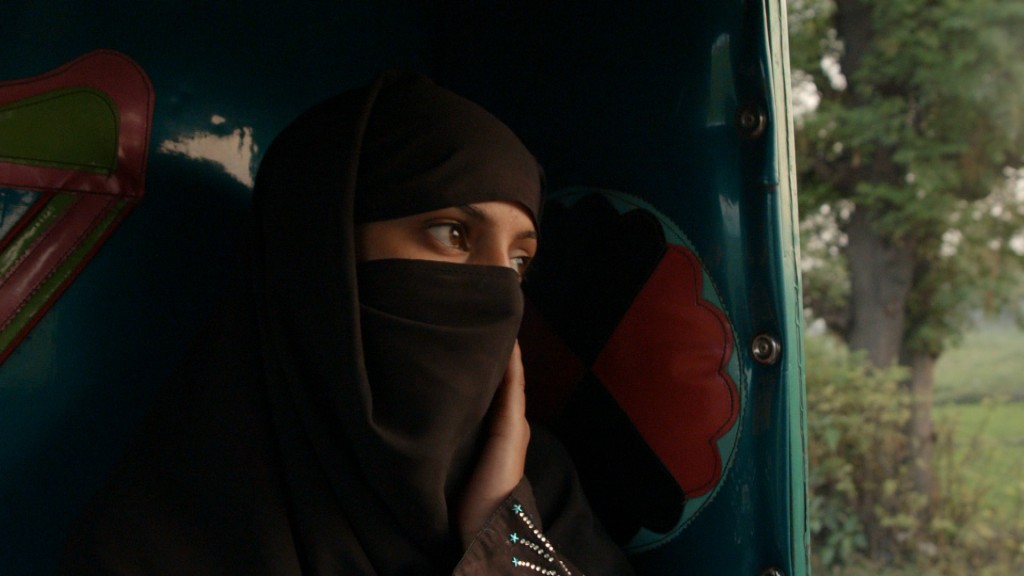LAMIYA SHABBIR WRITES – When people attend a Pakistani wedding, they’re mesmerized by the colors, tradition and culture woven into the event: the gorgeous bride and groom, the laughter of family members, music and dancing going on for days and days.
Imagine that the bride and groom are both from affluent families. The daughter is born to an industrialist, the son is born to a politician.
As guests, we’re convinced that they have an ideal marriage. But there’s a bitter truth behind the bright disposition of the ceremony.
What we may never learn is that the bride-to-be wants to become a lawyer. She may never be able to attend law school, and even if she does, she may still have the responsibilities of taking care of their children, or lack support from her family needed to have flexible hours to return to school and have a career that she desires.
As for the groom, he might have had to say a painful goodbye to his girlfriend of eight years whom he met in college and fell in love with. But he couldn’t take their relationship further due to an evident negotiation made between his and his new wife’s families.
Imagine another scenario where the bride and groom belong to a village unaware of Pakistan’s Child Marriage Restraint Act (CMRA) of 1929 that set the legal age for marriage to 16 for women and 18 for men.
In this case, the groom belongs to a wealthy family of land owners and the bride’s father is a peasant who works at a farm. The bride is just 14, the groom 35 and the wedding event is nothing more than a matchmaking event.
In both cases, the brides would have dreamed of marrying “for love” but are expected to accommodate their parents wishes and communities’ expectations – where the honor of the family rests on the women’s behavior. Should anything go wrong in this marriage, both brides will take it sportingly and label it as their destiny. Both will sacrifice their happiness for their families.
For many families in Pakistan, “love marriages” do little to help create a social networking platform, and arranged marriages are therefore considered to be ideal. Pakistan’s highest court legalized “free-will” marriages in 2003, giving couples who have run away together to begin a new life on their own will protection from family threats.
But despite having the “free-will” law legalized, an estimated 1,000-plus woman are killed in honor killings annually. Daughters, sisters and wives are considered a shame to their family if they marry someone out of choice or elope. Killing them is considered a righteous act.
An Oscar-winning short documentary, “A girl in the river: The price of forgiveness” is the first documentary to revolve around honor killings. It is about a young Pakistani woman Saba who dares to escape to get married to the person she was engaged to for four years before being asked to marry someone else because of their status inequality. Saba was shot, put in a sack, and thrown into a river. She survived the “honor killing” and fought the case against her uncle and father in court.
It was a proud moment for all Pakistani people when Sharmeen Obaid Chinoy won her second Oscar on February 29th, 2016. At the same time, the Pakistani judicial system moved to have stricter laws for honor killing victims.
Congratulations to The Girl in the River and its Oscar, a first for a story of honor killing. https://t.co/JGabGdu75S #TheLovers
— Rod Nordland (@rodnordland) February 29, 2016
Unfortunately, the culprit in the documentary “A girl in the river: The price of forgiveness” was set free and the case came to an agreement in the end because of societal and Panchayat pressure on the victim’s family. Panchayat is a local self-government institution at the village that sits as a court of law. Cases are heard in open meetings in which all members of the caste group concerned are entitled to take part.

